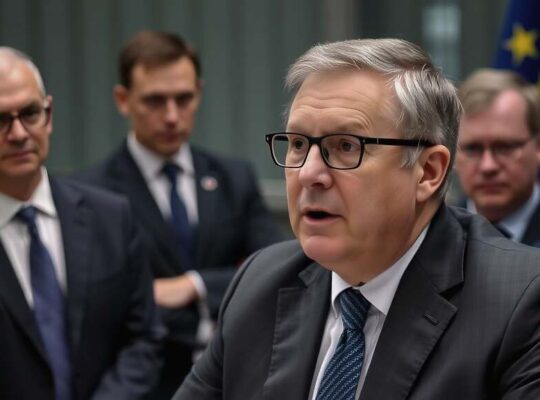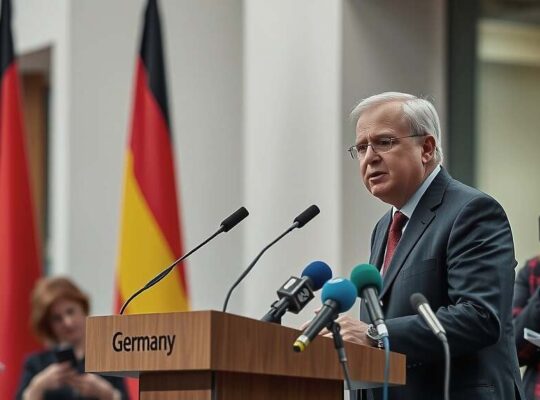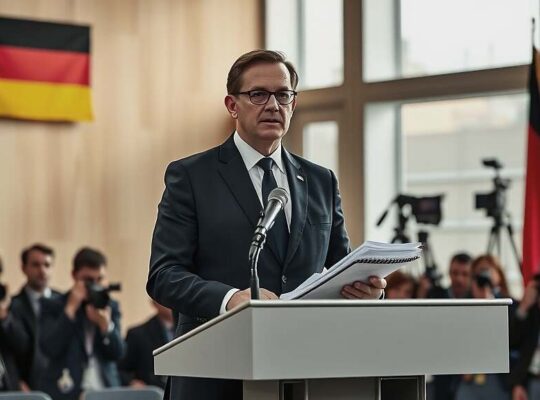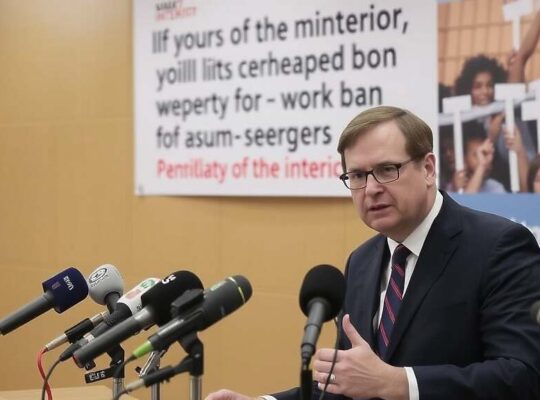A shift appears to be underway in Germany’s social housing sector, according to Federal Minister for Housing, Urban Development and Building Verena Hubertz. She attributes this positive trend to a collapse in the private housing market, allowing social housing initiatives to gain traction. The government is committed to investing a record €21.65 billion to support social housing construction in the states by 2028, a sum matched by the states themselves. Minister Hubertz asserts these programs are being effectively utilized.
However, the German Tenants’ Association (Deutscher Mieterbund) believes more action is needed. They highlight a substantial decrease in the number of social housing units since 2006, with current figures standing at approximately 1.1 million, despite over 11 million households qualifying for such housing.
Minister Hubertz recently defended the proposed streamlining of building regulations, which would exempt certain projects from requiring new zoning plans. This move, aimed at accelerating construction, has drawn criticism from some, including Katalin Gennburg of the Left Party, who expressed concerns about reduced opportunities for community input. Hubertz countered these concerns, stating the reforms actually empower municipalities to prioritize citizen participation and emphasizing that environmental safeguards and urban green spaces will remain unaffected.
Hubertz also offered a measured critique of the new government coalition’s initial performance. While acknowledging some “suboptimal” starts, particularly regarding the selection of constitutional judges and disagreements surrounding the conflict between Israel and Palestine, she placed accountability with the parliamentary factions rather than the cabinet itself.
Despite these early challenges, Minister Hubertz maintains a positive outlook on the government’s overall progress. She emphasizes the advancement of over 60 initiatives within the first 70 days, highlighting improvements over the previous government’s performance. A key example cited is the “construction accelerator” (Bau-Turbo) championed by Finance Minister Lars Klingbeil, which is expected to be finalized this autumn.












